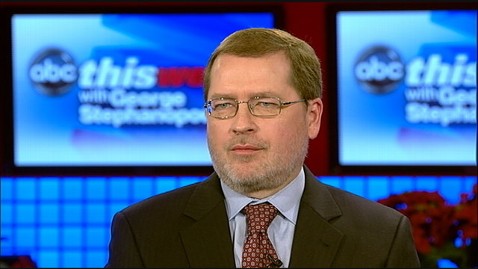|1
|2
THIS was the year we held our breath in almost unbearable anticipation while we waited to see whether physicists at the Large Hadron Collider would finally get a clear view of the Higgs boson, so tantalisingly hinted at last December. Going a bit blue, we held on through March when one of the LHC's detectors seemed to lose sight of the thing, before exhaling in a puff of almost-resolution in July, when researchers announced that the data added up to a fairly confident pretty-much-actual-discovery of the particle.
Early indications were that it might be a weird and wonderful variety of the Higgs, prompting a collective gasp of excitement. That was followed by a synchronised sigh of mild disappointment when later data implied that it was probably the most boring possible version after all, and not a strange entity pointing the way to new dimensions and the true nature of dark matter. Prepare yourself for another puff or two as the big story moves on next year.
This respirational rollercoaster might be running a bit too slowly to supply enough oxygen to the brain of a New Scientist reader, so we have taken care to provide more frequent oohs and aahs using less momentous revelations. See how many of the following unfundamental discoveries you can distinguish from the truth-free mimics that crowd parasitically around them.
1. Which of these anatomical incongruities of the animal kingdom did we describe on 14 July?
- a) A fish, found in a canal in Vietnam, that wears its genitals under its mouth
- b) A frog, found in a puddle in Peru, that has no spleen
- c) A lizard, found in a cave in Indonesia, that has four left feet
- d) A cat, found in a tree in northern England, that has eight extra teeth
2. "A sprout by any other name would taste as foul." So wrote William Shakespeare in his diary on 25 December 1598, setting off the centuries of slightly unjust ridicule experienced by this routinely over-cooked vegetable. But which forbiddingly named veg did we report on 7 July as having more health-giving power than the sprout, its active ingredient being trialled as a treatment for prostate cancer?
- a) Poison celery
- b) Murder beans
- c) Inconvenience potatoes
- d) Death carrots
3. Scientists often like to say they are opening a new window on things. Usually that is a metaphor, but on 10 November we reported on a more literal innovation in the fenestral realm. It was:
- a) A perspex peephole set in the nest of the fearsome Japanese giant hornet, to reveal its domestic habits
- b) A glass porthole implanted in the abdomen of a mouse, to reveal the process of tumour metastasis
- c) A crystal portal in the inner vessel of an experimental thorium reactor, to reveal its nuclear fires to the naked eye
- d) A small window high on the wall of a basement office in the Princeton physics department, to reveal a small patch of sky to postgraduate students who have not been outside for seven years
4. On 10 March we described a new material for violin strings, said to produce a brilliant and complex sound richer than that of catgut. What makes up these super strings?
- a) Mousegut
- b) Spider silk
- c) Braided carbon nanotubes
- d) An alloy of yttrium and ytterbium
5. While the peril of climate change looms inexorably larger, in this festive-for-some season we might take a minute to look on the bright side. On 17 March we reported on one benefit of global warming, which might make life better for some people for a while. It was:
- a) Receding Arctic sea ice will make it easier to lay undersea cables to boost internet speeds
- b) Increasing temperatures mean that Greenlanders can soon start making their own wine
- c) Rising sea levels could allow a string of new beach resorts to open in the impoverished country of Chad
- d) More acidic seawater will add a pleasant tang to the salt water taffy sweets made in Atlantic City
6. In Alaska's Glacier Bay national park, the brown bear in the photo (above, right) is doing something never before witnessed among bearkind, as we revealed on 10 March. Is it:
- a) Making a phonecall?
- b) Gnawing at a piece of whalebone to dislodge a rotten tooth?
- c) Scratching itself with a barnacle-covered stone tool?
- d) Cracking oysters on its jaw?
7. Men have much in common with fruit flies, as we revealed on 24 March. When the sexual advances of a male fruit fly are rejected, he may respond by:
- a) Whining
- b) Hitting the booze
- c) Jumping off a tall building
- d) Hovering around the choosy female long after all hope is lost
8. While great Higgsian things were happening at the LHC, scientists puzzled over a newly urgent question: what should we call the boson? Peter Higgs wasn't the only physicist to predict its existence, and some have suggested that the particle's name should also include those other theorists or perhaps reflect some other aspect of the particle. Which of the following is a real suggestion that we reported on 24 March?
|1
|2
If you would like to reuse any content from New Scientist, either in print or online, please contact the syndication department first for permission. New Scientist does not own rights to photos, but there are a variety of licensing options available for use of articles and graphics we own the copyright to.
All comments should respect the New Scientist House Rules. If you think a particular comment breaks these rules then please use the "Report" link in that comment to report it to us.
If you are having a technical problem posting a comment, please contact technical support.















